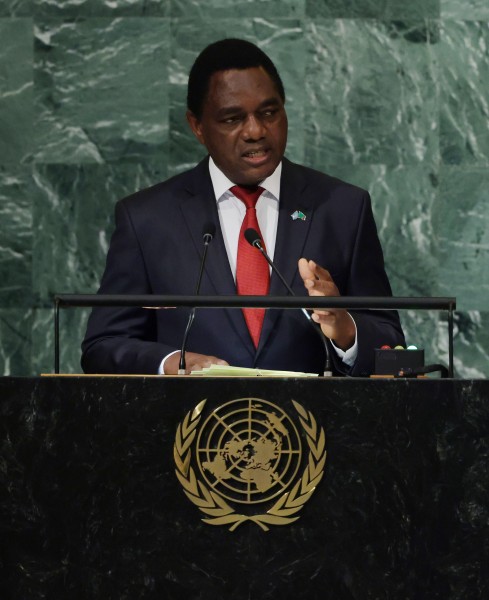Zambian authorities have closed, and confiscated equipment from a radio station in Western Province, where riots over the region’s autonomy have already resulted in the deaths of at least two people, local news sources report.
On Tuesday last week, a spokesperson for the government announced that live phone-in programmes on the subject of the Barotse Agreement had been banned, as such programmes were likely to cause violence, local sources told IPI.
Security forces reportedly seized a console and two computers from Radio Lyambai, halting their operations, sources say. It is believed that the station was raided after it aired an ad for a banned meeting about the Barotse agreement, the Press Freedom Committee (PFC) of The Post told IPI via email.
As of now the station remains shut, and it is believed that the station’s managers are in hiding, the PFC said. The station’s manager could not be reached by IPI for comment.
In a separate incident, reporter Mwala Kalaluka of The Post, Zambia’s only private daily, was detained on Monday by police while travelling from Lusaka to the city of Kabwe for work, the newspaper told IPI. He was taken into custody after being given a warn and caution, it is believed because of comments he had made on his cell phone about the Barotseland situation. According to The Post’s legal adviser Sam Mujuda, Kalaluka has not yet been charged, and Mujuda was told he cannot represent Kalaluka because he also works at The Post.
The Barotse Agreement refers to a promise of autonomy made between the British, the traditional Barotseland ruler and the incoming Zambian authorities as Zambia was set to become an independent state; today, some in Zambia’s Western Province are calling for terms of this promise to be kept. The Zambian government has said there cannot be a state within a state and is working to uphold unity.
“We are very concerned about reports that Radio Lyambai has been prevented from operating,” said IPI Press Freedom Manager Anthony Mills. “The government should withdraw the blanket ban on call-in programmes about this subject, which is clearly of interest to Zambians. The police should also either charge Mwala Kalaluka or release him from custody. His detention appears to be yet another instance in which reporters at The Post have been targeted simply because of their affiliation with the newspaper.”
Meanwhile a spokesperson from The Post newspaper reported that one of their reporters was targeted by government officials over the weekend. According to the Press Freedom Committee (PFC) of The Post, reporter George Zulu’s had a recording device taken away and the information erased on Friday by an official in Kalomo, Southern Province, after Zulu attempted to record an event to which the private media had not been invited.
IPI conducted a press freedom mission to Zambia in October 2010. During the mission, IPI met with a wide range of journalists and government officials.


